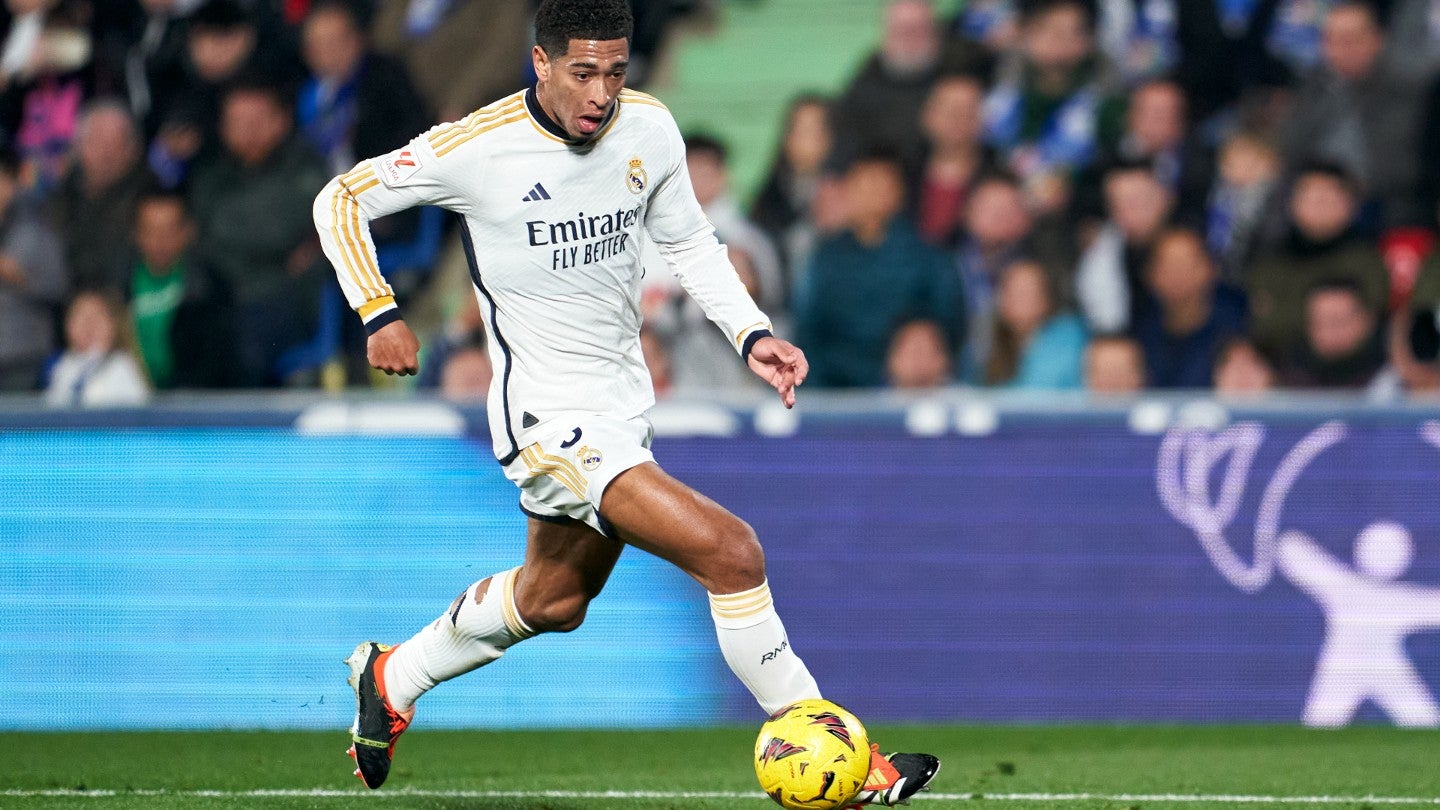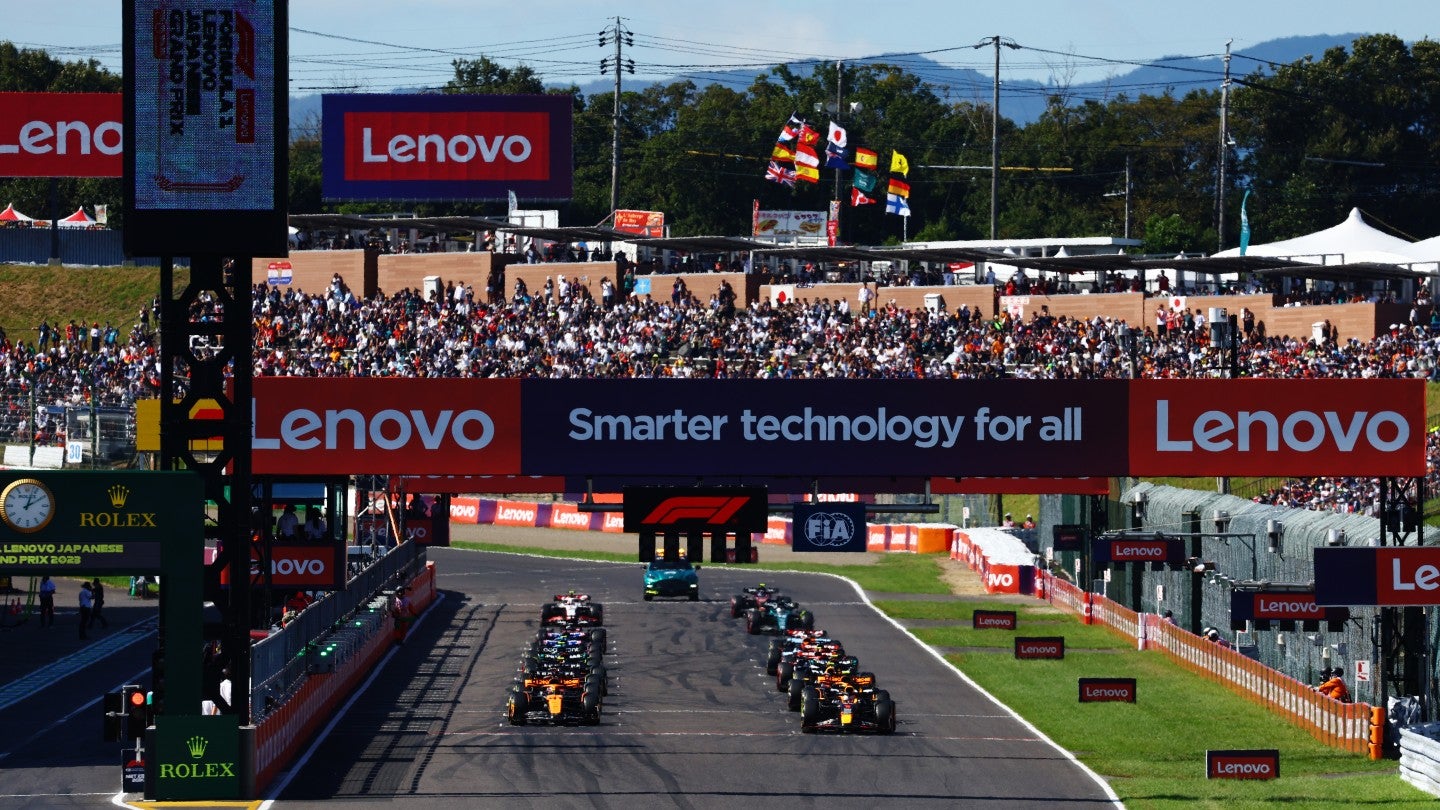The revitalized plan by Gianni Infantino, president of global soccer governing body FIFA, to determine players’ transfer fees using an algorithm instead of clubs negotiating a market value price for contracted players has drawn criticism for tightening his organization's grip over the world’s most lucrative and popular sport.
Infantino told soccer lawyers at FIFA’s annual law conference in Tokyo that “now more than ever it is fundamental for us to talk about these and other topics,” AP News reported.
“For example, to discuss about the possibility to use an algorithm to estimate the fair value of transfer fees in order to increase transparency in the transfer system and help the football stakeholders,” Infantino said.
His proposal has been framed as a counterweight to the skyrocketing inflation in soccer’s transfer fees, with the global transfer market now worth nearly $10bn annually.
It has, however, drawn criticism as “yet another example of the Infantino trying to keep FIFA relevant by inserting it into the heart of the transfer system”, according to Conrad Wiacek, Head of Analysis at GlobalData Sport.
FIFA pointed Sportcal to Infantino’s opening remarks when contacted.
How would a transfer fee algorithm work?
“Infantino’s plan is not without merit in terms of trying to curb the inflation of transfer fees,” Wiacek acknowledged. “But the algorithm would be based on data available such as contract length, which will only lead to bigger clubs signing players onto longer contracts to protect their value.”
FIFA’s interest in a transfer fee algorithm and market cap has surfaced intermittently since 2017 when it formed a transfer task force that reported to a committee that included delegates from leagues, clubs, and player unions.
That same year, Paris Saint-Germain (PSG) had paid a transfer fee of $241m to Barcelona for Brazilian attacker Neymar – a world record that still stands.
Three weeks later, French icon Kylian Mbappé also joined PSG from Monaco in a $196m deal. Mbappé may leave Paris this June as a free agent.
While no transfer has topped these eye-watering sums since, $100m and above transfers have become a regular occurrence in Europe’s ‘Big Five’ leagues, particularly the Premier League.
There have been fervent discussions over how to halt this inflation and level the playing field between financial giants like PSG, Real Madrid, and Manchester City and regular soccer teams.
A standardised, FIFA-controlled algorithm, however, is unlikely to be received positively by clubs, players or fans.
“While Infantino will claim the proposal is fairer, smaller clubs will be held hostage by players and agents only signing short term deals to keep their fees lower in the hope of securing a move to bigger clubs,” Wiacek said. “In essence, it will kill the economy of football where transfer fees flow down the pyramid from those clubs who can afford to pay transfer fees.”
In the Premier League, there has been rising scrutiny over financial fair play (FFP) credentials of high-spending teams, above all Manchester City – who still await the verdict on their 115 charges of FFP violation. A date for the trial has reportedly been set.
There has been outrage at the decision to postpone City’s trial as Everton were handed a ten-point deduction for one count of FFP violation.
“As the January transfer window has shown, FFP is regulating the market by ensuring clubs are not spending beyond their means, so the idea from Infantino is rather pointless at this stage,” Wiacek added.
Blurring the boundaries between domestic and international
Infantino’s announcement comes amid his simultaneous push for the 32-team Club World Cup, which has been agreed to begin in 2025.
Initially hosted by the US, the enlarged Club World Cup will take place every four years, assembling clubs from FIFA’s footballing bodies worldwide.
European-based UEFA will send 12 clubs, South American CONMEBOL will send six clubs, Concacaf (North, Central America, and the Caribbean), Asia’s AFC and Africa’s CAF will send four apiece. Finally, Oceania’s OFC will send one club.
Concerns over prize money and prestige are on UEFA’s mind, as some at the organization see an expanded Club World Cup as a threat to the Champions League.
Several clubs have objected on the grounds of further congesting an already packed fixture list, exacerbating the risk of player injuries. Eight European sides have already confirmed their attendance.
For Wiacek, Infantino’s latest brainchild represents an effort to restrict the unencumbered might of the world’s biggest clubs rather than a direct attempt to grow the Club World Cup or any international tournament.
“For many, national teams and international football are only a focus when major tournaments roll around – limiting transfer fees is distinct from a bigger Club World Cup,” he concluded. “Ultimately, it’s about FIFA trying to curb the power of clubs, which is dangerous territory to get into.”
Global attention will remain on FIFA and Infantino. But more important is external discussion over how the world’s most lucrative sport can curb its ludicrous transfer fees without handing the reigns to a FIFA-controlled algorithm.














